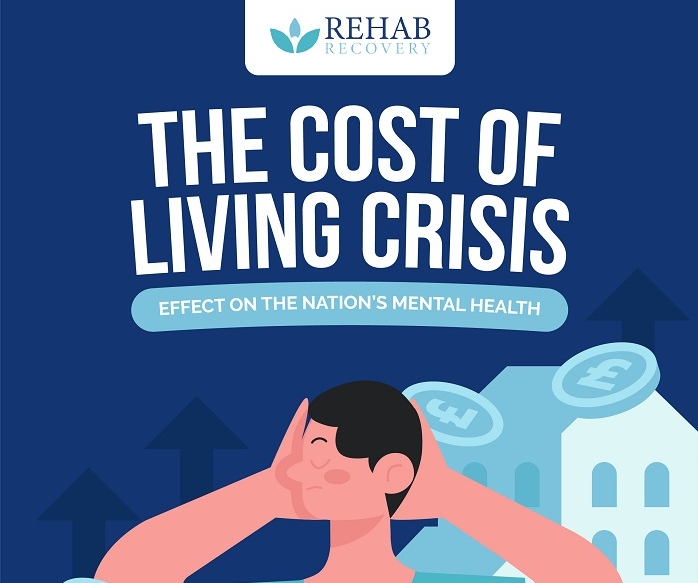Cost of Living impact on Mental Health
By Keith Prance | Rehab Recovery
The whole of Great Britain is currently experiencing a cost-of-living crisis. This happens when the cost of basic expenses such as food and fuel, rise faster than our wages are rising.
This means that people struggle to pay for things, as the cost of things are rising whilst their bank balances are not. The hard and sad fact is that this will impact the most vulnerable people in our communities the most. It may mean that groups such as single income households, the unemployed and the elderly find themselves having to choose between heating and eating.
Money and mental health are intrinsically linked. People who struggle financially are more likely to experience depression and anxiety. In fact, 86% of people who struggle with debt also say that their debt makes their mental health worse [1].
Another study carried out by the Mental Health and Income Commission found that people who suffer from mental health issues such as depression and anxiety are also more likely to earn less money than people who don’t. In fact, they earn approximately £8,400 less [2].
Sadly, financial issues are linked to suicide. One study found that people with debt problems are three times more likely to take their own life.
If you would like more information on the link between money issues [3], the cost of living and mental health, then view our infographic, and for further information click on the reference links below.
References
[1] See more at the drug and alcohol rehab in London article.
[2] www.smallbusinesscommissioner.gov.uk/the-link-between-money-and-mental-health
3 Infographic courtesy of www.rehab-recovery.co.uk






